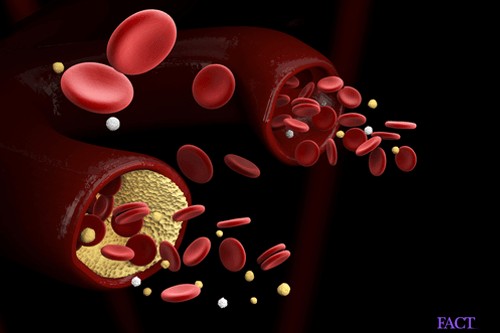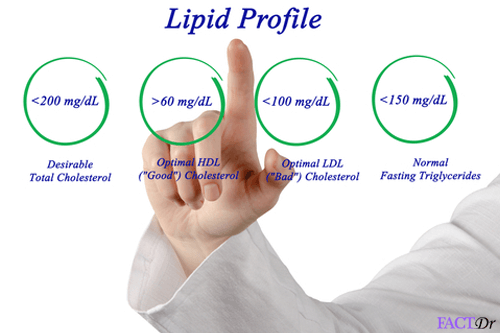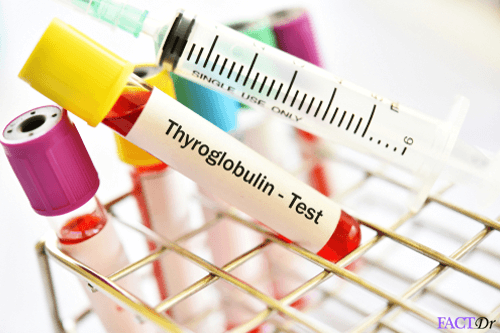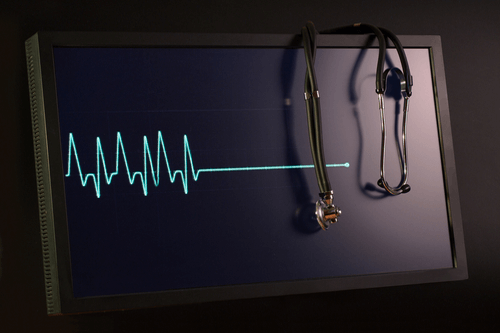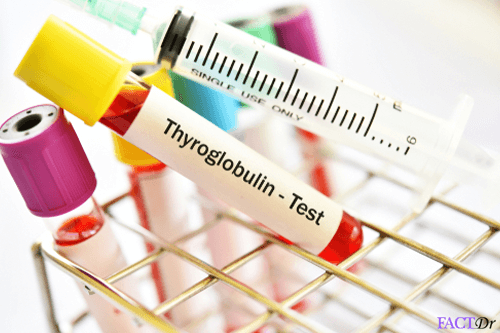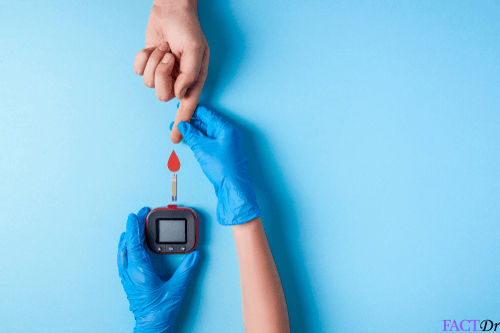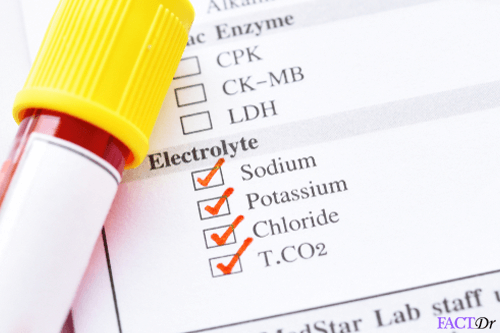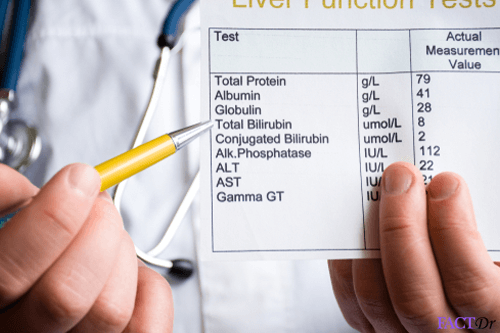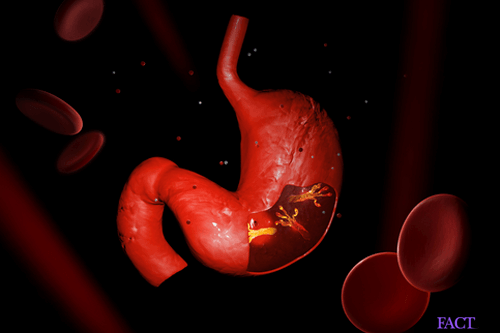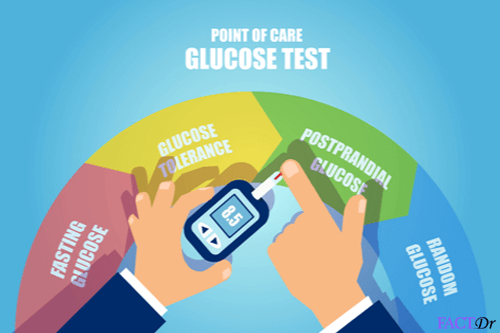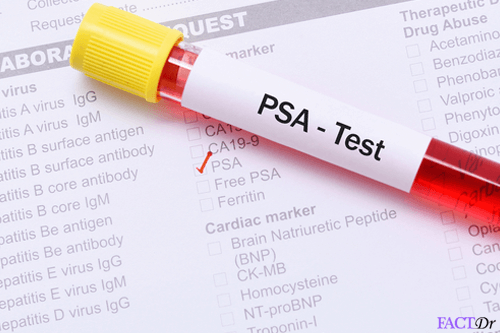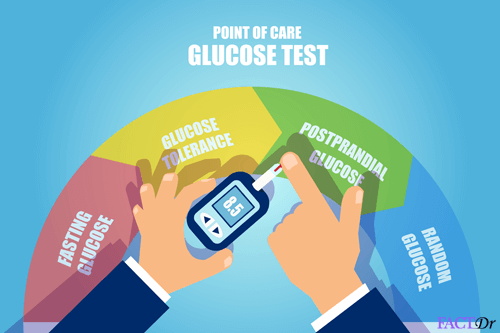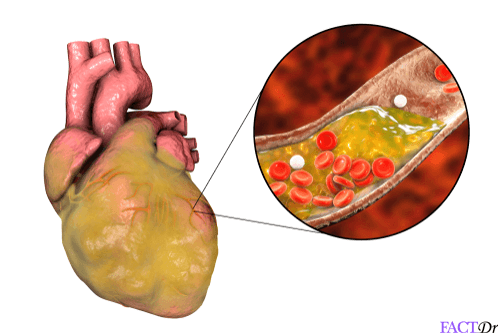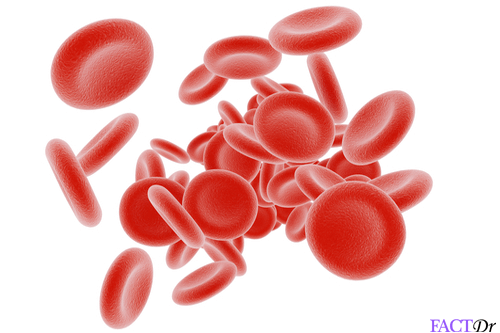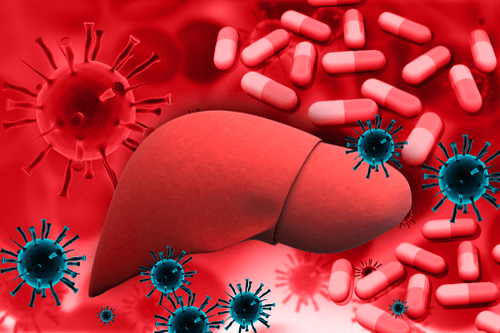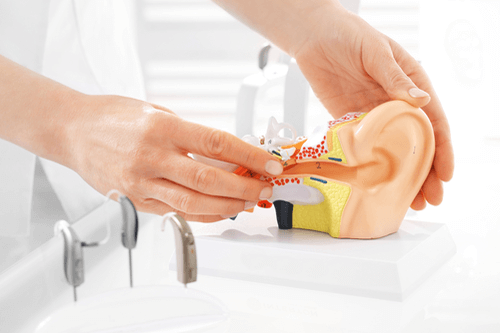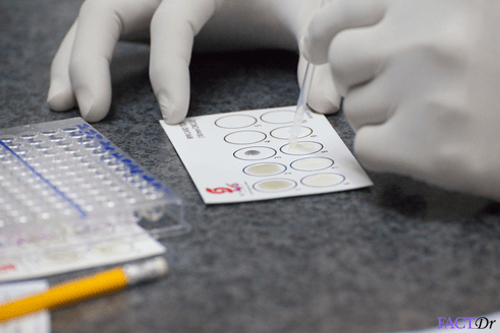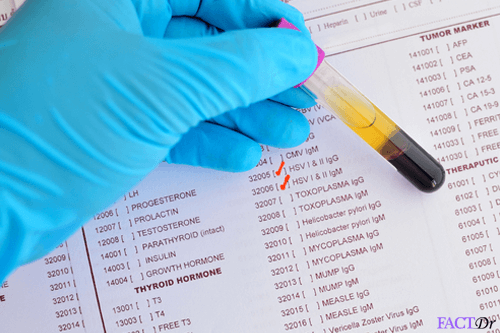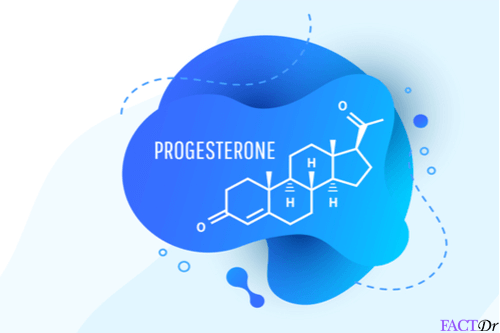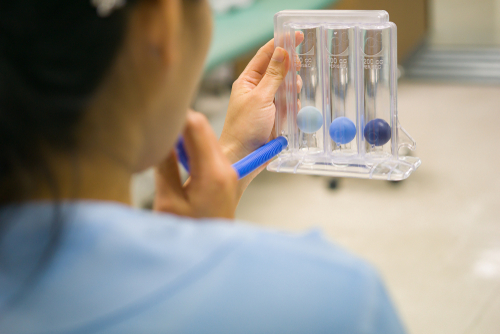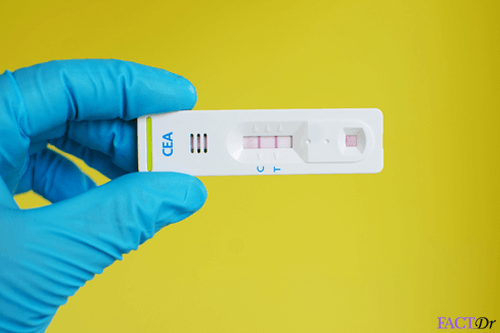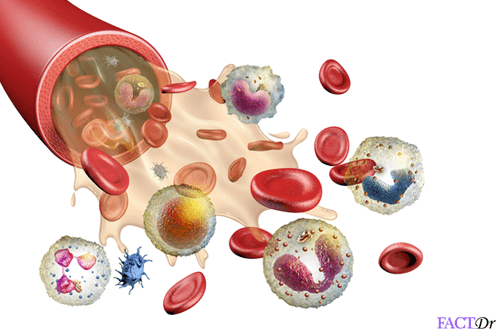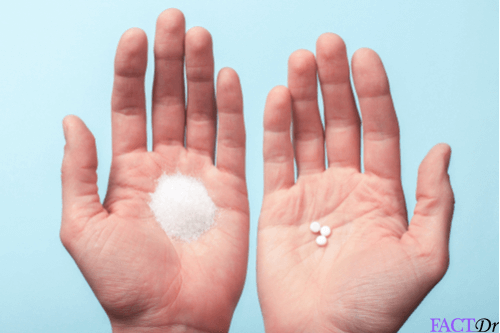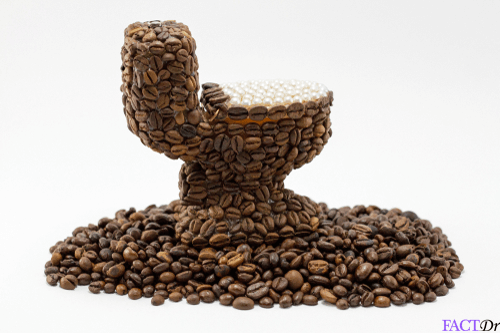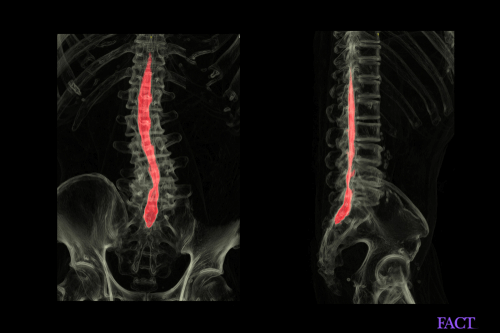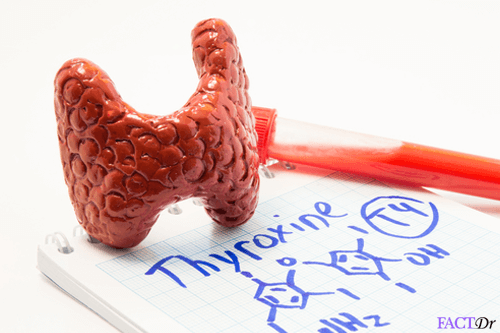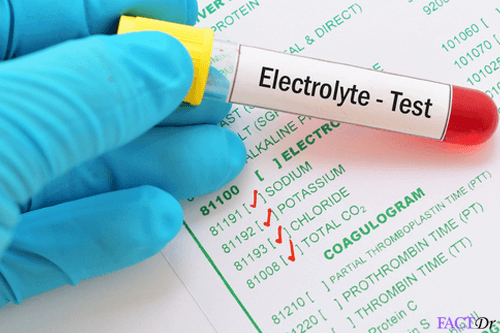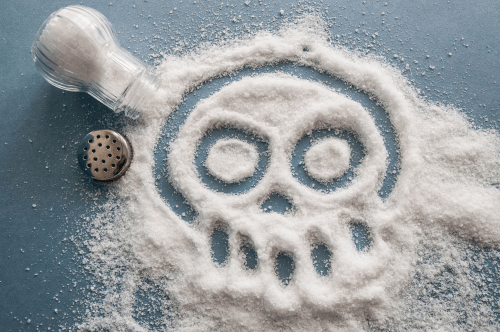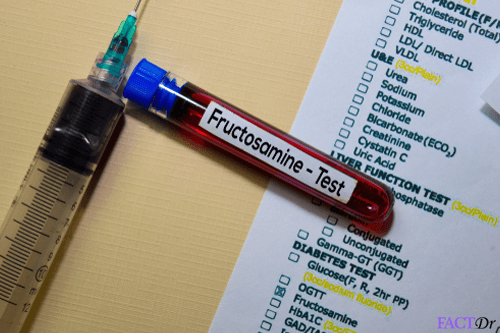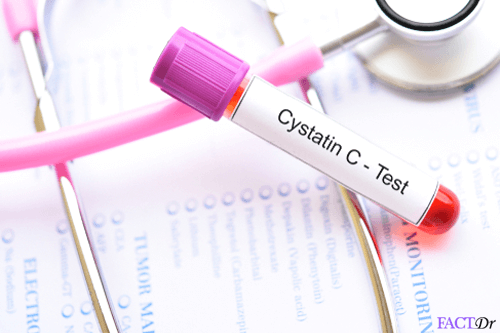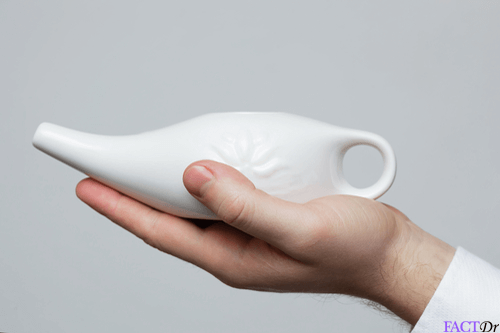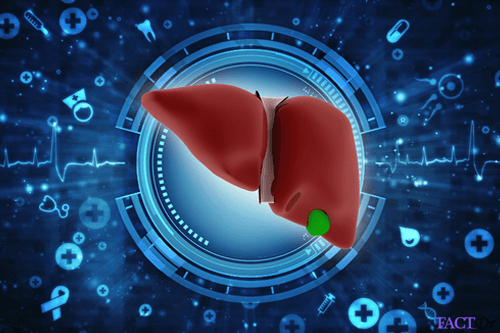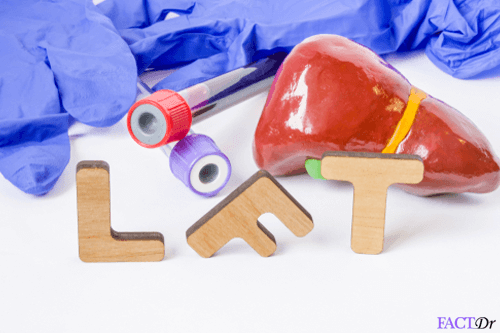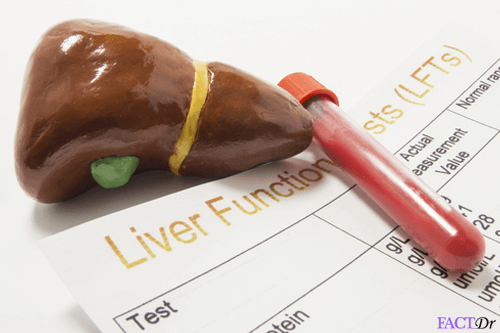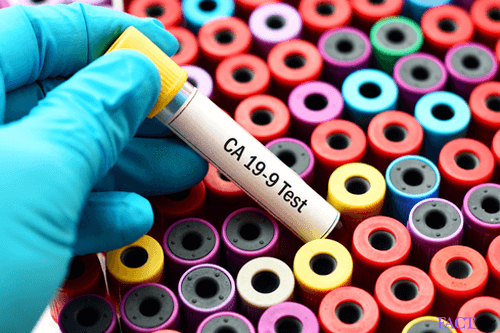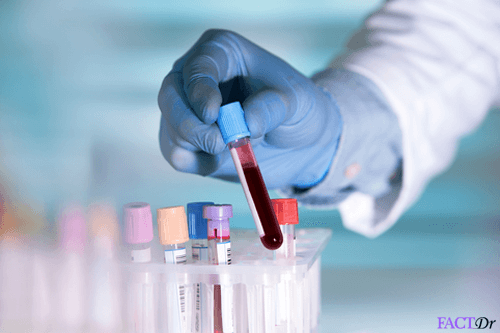Therapeutic Indications
Disodium Hydrogen Citrate is an acidic salt that is used in making urine more alkaline. It is an alkalizing agent. It is a salt of citric acid. It is used in the treatment, control, and management of the following conditions, diseases, and symptoms:
Gout
- Urate kidney stones
- Acidosis due to kidney disease
- Burning micturition
- Urinary tract infections
- Acidosis due to diarrhea
- An antioxidant
- With sulphonamides in adjuvant therapy
- Constipation
- Abdominal complications
- Gastric problems
- Uterine tract infections
- To improve the effects of other antioxidants
Do I Need a Prescription?
Disodium hydrogen citrate can be bought from pharmacies close to you and online drug stores. But a doctor’s prescription is mandatory.
Dosage
The dosage and duration of use for disodium hydrogen citrate depend on the medical condition, response to therapy and age. The recommended dosage is:
- Adults: 15 to 30 ml two or three times a day when dissolved in water
- Children 7 to 12 years: 5 ml two to three times a day when dissolved in water
- Children below the age of 7 years: 2 ml three times a day dissolved in water
Chemical composition
The active ingredient in disodium hydrogen citrate syrup is disodium hydrogen citrate. It is a salt of citric acid.
Mechanism of Action (MOA)

When the pH of urine is alkaline, micro-organism growth is hindered thus being able to relieve the symptoms of urinary tract infections and curing it. Disodium hydrogen citrate makes cysteine to be more soluble in urine and also makes ions of uric acid, urate ions, this prevents formations of kidney stones.
Contraindications
The use of disodium hydrogen citrate is contraindicated in some conditions. When used it could lead to the occurrence of an adverse reaction or make the medical condition severe that it is. Before taking disodium hydrogen citrate, inform your doctor of all medical conditions you have or have had before and those your family has a history of as they may affect the prescription. Disodium hydrogen citrate is not to be used if you have the following conditions:
- Allergic reactions to the active ingredient disodium hydrogen citrate
- Kidney dysfunction
- Heart problems such as irregular heartbeat, heart failure, congestive heart failure, heart enlargement
- Fluid retention in the body in the ankles. Legs or feet ( peripheral edema)
- High blood pressure
- On a diet with sodium restriction
- High levels of sodium
- A breathing problem such as pulmonary edema
- Low levels of calcium
- Diabetes as the product might contain sugar
- Dehydration
- A bacterial infection that is severe
- Disodium hydrogen citrate is not advised to be used during pregnancy as it could harm the fetus.
- Lactation, Disodium hydrogen citrate is not advised as it could harm the nursing baby.
- Neonates
- Addison’s disease
- Toxemia of pregnancy
- Crohn’s disease
Facts on Disodium Hydrogen Citrate
- The effect of Disodium hydrogen citrate begins within a minute of administration.
- The duration of effect of disodium hydrogen citrate lasts for 4 to 6 hours.
- Disodium hydrogen citrate is also used as a food additive and as an anticoagulant.
- It is manufactured by reacting sodium hydroxide and citric acid
- It has not been shown to have any effects on fetus and nursing babies.
- It is an antioxidant.
Side effects
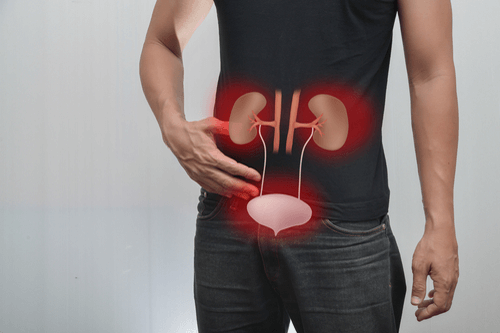
- Stomach ache
- Nausea
- Vomiting
- Weakness
- Gastrointestinal discomfort
- Bloating
- A headache
Rare and serious side effects include:
- Diarrhea that is severe and ongoing
- Irritable
- Nervous
- Stomach ulceration
- Mood swings
- Seizures
- Slow or fast heartbeat
- Confusion
- Increased urination
- Reduced blood levels of potassium
- Metabolic alkalosis
- Dizziness
- Shallow and rapid breathing
- Bloody stool
- Muscle twitching or pain
- Cramps or leg pain
- Peripheral edema
- Numbness or tingling in the hands and legs
- Irregular heartbeat
Nausea, vomiting, diarrhea, and pain in the stomach can be reduced by taking the medication after a meal, taking a lot of water and taking the drug with juice or plenty of water.
In case you have an allergic reaction to disodium hydrogen citrate, stop taking the medication and inform your doctor or seek medical attention urgently. Symptoms of an allergic reaction include difficulty breathing, severe dizziness, swelling of throat, lips, face and tongue and hives.
If you accidentally take an overdose of disodium hydrogen citrate, inform your doctor or rush into the emergency center of the nearest hospital carrying the medication package with you. Taking an overdose can result in adverse reactions that can be fatal. An overdose can cause loss of consciousness, muscle spasms, seizures, and metabolic alkalosis.
Drug Interactions
When you take more than one medication at the same time, it can result in the drugs interacting. Drug interactions can change the way your medication is working making it less effective or affects the working of the other medications you are taking. Drug interactions can also cause accumulation of drugs in the body that can cause adverse reactions to occur. Inform your doctor of all medications you are using or have been using both over the counter medications and prescription drugs, dietary supplements and herbal products. The following drugs and products interact with disodium hydrogen citrate:
- Tetracycline, when used together increases their renal excretion.
- Amphetamine
- Quinidine
- Ephedrine
- Antacids containing aluminum and sodium, and baking powder (sodium bicarbonate) when used can cause a severe imbalance of electrolyte in the body or toxicity due to aluminum.
- Lithium
- Methenamine
- Allergy medications and cold medications or decongestants
- Diet Pills
- ADHD medications
- Mineral and vitamin supplements containing calcium
- Medications that contain calcium
- Salicylates like aspirin effects are lowered as their excretion is enhanced given that they are acidic drugs
- Corticosteroids, it causes retention of sodium
- Alcohol
- Barbiturates, their excretion is enhanced when used together with disodium hydrogen citrate
- Diuretics that deplete potassium, when used concurrently can cause hypochloraemia alkalosis
What to Do If You Skip a Dose?
If you skip a dose, take it as soon as you realize it. If it is time close to your next treatment, you can skip the dose and take your next dose then continue with the normal drug schedule. However, do not double the dose to compensate for the skipped dose as it will be an overdose that can result in adverse effects. Frequent missing does make your medication less effective in treating your condition. To avoid frequent dose missing set the alarm to remind you or have a family member remind you when it is time for your next dose.
Precautions
A number of precautions should be considered before you use and when using disodium hydrogen citrate. The precautions include:
- Hypersensitive reactions: Do not use disodium hydrogen citrate if you are allergic to the active ingredient.
- Inform your doctor of all medications and products you are using to avoid drug interactions that may be fatal.
- Notify your doctor of all medical conditions you have or have had before to prevent them worsening or adverse reactions from occurring.
- Pregnant or planning to be pregnant and lactating mothers should use disodium hydrogen citrate with cautions as there is no conclusive evidence of its effects on the growing fetus and nursing baby.
- Renal impairment. If you have kidney disease, disodium hydrogen citrate should be used with caution. In very severe cases, the dose should be adjusted.
- If you experience dizziness and drowsiness while using disodium hydrogen citrate, then you are advised not to engage in activities that require mental alertness such as driving and operation of heavy machinery.
- Disodium hydrogen citrate should be taken after a meal with plenty of water to avoid stomach upset.
- Avoid foods that contain a lot of salt and the use of extra table salt while using disodium hydrogen citrate as it already contains sodium.
- While taking disodium hydrogen citrate, you should carry out frequent urine and blood test to ensure that the medication is working.
- Disodium hydrogen citrate should be stored in a closed container, at room temperature away from moisture, sunlight, children and pets.
- Do not increase or lower the dosage prescribed by your doctor. Taking large doses of disodium hydrogen citrate can affect the working of your kidney.
- Avoid or reduce alcohol consumption while sing disodium hydrogen citrate, as alcohol, might lower its effects.
- The syrup form of disodium hydrogen citrate contains sugar in it, thus use it with caution if you have diabetes.
- The bottle of disodium hydrogen citrate should be well shook before measuring the dose using a measuring cup and not a tablespoon.
- Do not take disodium hydrogen citrate that is expired. Its potency may have reduced making it less effective in treating your condition. Always check the medication package while purchasing the drug.
Different Brands and Manufacturing Companies of the Drug
Disodium hydrogen citrate is manufactured mainly as a syrup or a suspension. It is manufactured by different pharmaceutical companies and sold under different brand names. The different brands can be used as alternatives and substitutes. The different brand includes:
- Cital – 1.37 mg/5 ml – Indoco Remedies Ltd
- Siocitrate – 1.375g/5 ml – Albert David Limited
- Oricitral – 1.38g/5 ml – TTK Healthcare Ltd
- Alkaryl – 1.4 g/5 ml – Cadila Pharmaceuticals Ltd
- Alkasol – 1.4 g/5 ml – Stadmed Private Limited
- Citralka – 1.53 g/5 ml – Parke – Davis (India) Ltd
- Biocetral – 1.53 gm – Bioguard Organics
- Citra Sip Syrup – 1.20 gm – Kwality Pharmaceuticals (P) Ltd
- Alkanil –Inga Pharmaceuticals Pvt Ltd
- Alkarate – 1.37 g/5 ml – Macleods Pharmaceuticals Ltd(Pharma)
- Citralka – 1.53 g/5 ml – Pfizer Limited
- Systal – 1.38 g/ 5ml – Commonwealth Laboratories (India) Pvt Ltd.
- References
Want to live a healthy lifestyle?
Subscribe to free FactDr newsletters.
REVAMP YOUR
LIFE
HEALTH
WELLNESS
If you’re enjoying our website, we promise you’ll absolutely love our new posts. Be the first one to get a copy!
Get factually correct, actionable tips delivered straight to your inbox once a week.
We hate spam too. We will never share your email address with anyone. If you change your mind later, you can unsubscribe with just one click
By clicking Subscribe, I agree to the FactDr Terms &
Conditions & Privacy Policy and understand that I may opt out of FactDr
subscriptions at any time.
Trending Topics
Rheumatoid Factor (RF) Rheumatoid factor or RF is a blood test used to diagnose painful joint conditions such…
Ferritin Test Ferritin test is a blood test that provides vital information on the level of RBCs…
Rubella IgG Test The rubella IgG test is a blood test that checks for the rubella virus IgG…
Lipid Profile Lipid profile is a blood test that provides complete information on how much cholesterol is…
EKG – Electrocardiogram An electrocardiogram, abbreviated as an ECG or an EKG, measures the electrical activity in the…
Pulmonary Function Tests Pulmonary function tests (PFT’s) are non-invasive breathing tests employed for diagnosing and monitoring lung diseases…
Thyroglobulin (TG) Test Thyroglobulin test helps in measuring and monitoring the concentration of thyroglobulin. This test can be…
Abdominal CT scan Abdominal CT scan is a diagnostic imaging technique that provides a clear picture of the…
Serum Electrolyte If there is an electrolyte imbalance in the body, a serum electrolyte test will help…
HLA-B27 test The HLA-B27 is a blood test that is used to determine the level of a…
Bilirubin Test Bilirubin is a substance produced in the body as a result of red blood cell…
Dengue NS1 test Dengue NS1 is a blood test used to determine the onset of dengue fever. Dengue…
Erythropoietin (EPO) Test Erythropoietin stimulates the production of RBCs in bone marrow. An erythropoietin test is done to…
Serum Zinc Test The serum zinc test is a blood test performed to assess the zinc level in…
Hymenoplasty Read on to find out all about hymenoplasty, the procedure, post-surgery care, the risks, and…
Copper Serum Test Copper serum test checks for abnormal levels of copper in the body. Both high and…
Post-Prandial Blood Sugar Postprandial blood sugar test is an important diabetes diagnosing tool. This simple blood test measure…
Free PSA Test The free PSA test is used to detect the level or percentage of free PSA…
Anemia Profile Anemia Profile test (Basic) is a blood screening test that measures the levels of important…
Chest X-Ray A chest x-ray is a diagnostic test that uses x-rays to visualize the structures inside…
Cystoscopy Cystoscopy is intended to look at the abnormalities in the ureters, bladder, and urethra, to…
Cardiac Profile Cardiac profile is panel of blood tests performed to check cholesterol level and other heart…
Lipoprotein (A) Test Lipoprotein (A) test is used to measure and monitor the levels of LDL(Low-Density Lipoprotein) in…
Thyroid Scan Thyroid scan is a diagnostic procedure that aims to view the thyroid gland and detect…
Hepatitis Profile A hepatitis profile or a hepatitis panel is a blood test that checks for markers…
VDRL Test The VDRL test is a blood test that is used to diagnose sexually transmitted or…
Ureteroscopy Ureteroscopy is the diagnostic procedure which is used for the detection of the kidney stones…
Hysteroscopy Hysteroscopy is a minimally invasive tool to help specialists view the uterus to diagnose and…
Androstenedione Test Androstenedione is produced by the adrenal gland, the test of the levels of Androstenedione helps…
Rubella IgM Test The Rubella IgM test is a blood test that is performed to diagnose the presence…
Barium Enema Barium enema is also known as colon x-ray. Here, the patient is asked to consume…
Sputum test Sputum test is a commonly used diagnostic tool that is used to examine the presence…
LP-PLA2 Test The LP-PLA2 test is a test which is carried out to assess the levels of…
Immunoglobulin M Test Immunoglobulin M is the largest and the first produced antibody which helps in the prevention…
Folate test The Folate test measures and monitors the levels of folic acid in the blood. This…
Phimosis Read to know everything about phimosis, types, symptoms, treatment, risks and prognosis for patients with…
Vitamin B12 Test Vitamin b12 is an essential nutrient required for healthy functioning of the nervous system and…
Tonometry Tonometry uses a device called tonometer to measure the pressure inside the eye. This pressure…
Albumin Test Albumin test or blood serum test is a liver function test that measures the amount…
Amylase Test Amylase test is done by checking the level of this protein in the blood sample…
Myelography Myelography is an important diagnostic tool that is used to investigate and identify abnormalities in…
Chloride Test A chloride test of the blood checks the level of chloride in body, an important…
Phenytoin test Phenytoin is a drug that is administered mainly to epilepsy patients. The phenytoin blood test…
Fructosamine Test A fructosamine test measures blood sugar glucose content. Fructosamine level can indicate blood sugar level…
Cystatin C Test Cystatin C is a specific single-chain protein that is found in body fluids and is…
Leptospira-IgM Test A Leptospira-IgM test is a blood test which is carried out to detect anti-Leptospira IgM…
Thyroid Profile Thyroid profile is a panel of blood tests performed to check if an individual is…
Colposcopy Colposcopy is a simple, quick and non- invasive diagnostic tool to look closely inside the…
CA19.9 Test CA 19.9 is a cancer antigen that exists on the surface of cancer-causing cells. The…
VIBTRAL

| COMPOSITION | |
|---|---|
| Disodium Hydrogen Citrate | 1.37GM |
| SPECIFICATION | |
|---|---|
| FORM | SYRUP |
| PACKING | 100ML |
| PACKING TYPE | |
| MRP | 65 |
DESCRIPTION
Disodium hydrogen citrate is acidic salt of citric acid which is mostly used as a urinary alkalizer (makes the urine more alkaline).
Disodium hydrogen citrate is most commonly available in syrup form and is used in treatment of urinary tract infection, kidney stones etc.
SIDE EFFECTS
Majority of the patients do not show any side effects. However, few patients may show side effects like:
Flatulence
Stomach cramps
Diarrhoea
Anxiety
Excessive production of urine
Gastrointestinal ulceration
Mood swings
Feeling of tiredness
In addition it may cause some other allergic or unwanted effects. In such cases, seek medical attention immediately.
INDICATION
Disodium hydrogen citrate should not be used in:
Allergy to any of its components
Patients with moderate to severe renal dysfunction (kidney disease)
Dehydrated patients
Patients with severe bacterial infection
Patients with high potassium levels
Patients with heart problem (irregular heartbeat, heart failure)
Pregnant
Important Notice:- The Database is still under development and may contain inaccuracies. It is not intended as a substitute for the expertise and judgement of your physician, pharmacist or other healthcare professional. It should not be construed to indicate that the use of any medication in any country is safe, appropriate or effective for you. Consult with your healthcare professional before taking any medication.
Product Details
Generic name: Disodium Hydrogen Citrate
Category: Systemic Alkalizer
MECHANISM OF ACTION:
It is a Systemic alkalizer that relieves the discomfort of cystitis caused by lower UTI
INDICATIONS:
- Acidosis following diarrhea
- Uraemic acidosis
- Renal tubular acidosis & burning micturition
- Adjuvant to Sulphonamide therapy
DOSAGE
- Adult:1-2 teaspoonfuls (5-10ml) three times daily
- Children:½ -1 teaspoonful (2.5-5ml) three times daily or as directed by the physician
How does Disodium Hydrogen Citrate Syrup work?
- Disodium Hydrogen Citrate works by making the urine more alkaline by neutralizing excess acid in the blood and urine.
- Acidic urine is more prone to the growth of bacteria and thus urinary tract infections. By alkalizing urine, the growth of bacteria is inhibited and thus chances of UTI are reduced.
How to Take Disodium Hydrogen Citrate Syrup?
- The dosage and duration of this medication should be taken as advised by the doctor. The dosage is based on your age, medical condition, and response to therapy.
- Avoid taking disodium hydrogen citrate empty stomach.
- Disodium Hydrogen Citrate should be taken along with plenty of fluids (water/juice etc) to prevent stomach upset.
- In order to measure the prescribed dose, a medication measuring cup and not a household spoon should be used.
- Shake the bottle well before each use.
- If it is taken as over the counter product, check the label for directions before use.
Common Dosage for Disodium Hydrogen Citrate
- Dosage is usually based on your condition as advised by the doctor. For best results, it should be taken at evenly spaced intervals.
- Most recommended dose :
- Adults – 15-30ml dissolved in water twice or thrice daily.
- Children – 5ml dissolved in water twice or thrice daily.
- Use with caution in infants and pregnant females.
- Patients with pre-existing kidney disease and those suffering from dehydration should avoid using this syrup.
- Never use more than the recommended dose or for longer periods of time without doctor’s consent.
- In case of non improvement of symptoms or symptoms getting worse, seek medical attention immediately.
Also Read: Drotin Ds Dosage | Dexamethasone Uses | Diclofenac Sodium Dosage
Precautions- When to Avoid Disodium Hydrogen Citrate
Disodium Hydrogen Citrate Syrup should not be used in:
- Allergy to any of its components
- Patients with moderate to severe renal dysfunction (kidney disease)
- Dehydrated patients
- Patients with severe bacterial infection
- Patients with high potassium levels
- Patients with a heart problem (irregular heartbeat, heart failure)
- Pregnant
Side Effects of Disodium Hydrogen Citrate Syrup
Majority of the patients do not show any side effects. However, few patients may show side effects with Disodium Hydrogen Citrate Syrup like:
- Flatulence
- Stomach cramps
- Diarrhoea
- Anxiety
- Excessive production of urine
- Gastrointestinal ulceration
- Mood swings
- Feeling of tiredness
- In addition, it may cause some other allergic or unwanted effects. In such cases, seek medical attention immediately.
What Are the Effects of Disodium Hydrogen Citrate on Organs?
Kidney – Disodium Hydrogen Citrate may be used cautiously in patients with kidney disease. In severe cases, dose adjustment may also be needed. Consult your doctors if any unwanted symptoms are observed.
Are There Any Reported Allergic Reactions?
Report to your doctor if you are allergic to any of its ingredients. Signs of allergic reaction include:
- Rashes
- itching of skin
- Shortness of breath
- Swelling of face, lips, tongue, or throat
- Loss of consciousness
Drug Interactions to Be Careful About
All the possible drug interactions might not be listed here. You must always inform the physician of all the drugs/products you use. You must inform your doctor if you frequently use other drugs that make you drowsy or sleepy, such as sleeping pills, other allergy drugs, narcotic pain medicine, muscle relaxants, and drugs used for fits, depression, or anti-anxiety drugs. You must also inform about the herbal products that you are consuming. You must not modify the drug regimen without your doctor’s approval.
Disodium Hydrogen Citrate Syrup may interact with the following drugs and products:
- Alcohol
- Tetracycline
- Barbiturates
- Corticosteroids
- Methotrexate
- Potassium depleting diuretics
- Amphetamines
- Salicylates
Shows Effects / Results In
- Disodium Hydrogen Citrate Syrup starts acting within a few minutes and the effect lasts for 4-6 hours.
- A complete dose prescribed by your doctor must be taken for the complete cessation of symptoms from your body.
Storage Requirements for Disodium Hydrogen Citrate
- Storage at room temperature away from direct light and heat unless mentioned in the package insert.
- Do not freeze the medicine.
- Keep medicinesaway from children and pets.
Pro Tips When Taking Disodium Hydrogen Citrate
Disodium Hydrogen Citrate is unsafe to use in patients with severe kidney disease and should be avoided or the dose should be altered as advised.
Also read about other medicine’s: Dexorange | Deriphylline
FAQs
Is Disodium Hydrogen Citrate Syrup addictive?
No. However, self medication and dependence on these medicines should be avoided.
Can I have Disodium Hydrogen Citrate with alcohol?
- Interaction with alcohol is unknown.
- However, it may cause excessive drowsiness and calmness in few patients so alcohol should be consumed with caution along with Disodium Hydrogen Citrate.
Any particular food item to be avoided?
No.
Can I have Disodium Hydrogen Citrate when pregnant?
- Disodium Hydrogen Citrate Syrup can be administered during pregnancy if advised by your doctor.
- Always inform and consult your doctor if you are pregnant or plan to become pregnant for case specific recommendations.
Can I have Disodium Hydrogen Citrate when feeding a baby?
- There is no evidence as to whether Disodium Hydrogen Citrate Syrup use has any side effect on lactating mother or baby.
- Always inform your doctor if you are breast-feeding your child and use the medicine as advised.
Can I drive after taking Disodium Hydrogen Citrate?
If one experiences side effects like drowsiness, headache, dizziness or decrease in blood pressure, then it may not be advisable to drive a vehicle and operate heavy machinery while on this medication.
What happens if I overdose on Disodium Hydrogen Citrate Syrup?
- It should not be administered in more than prescribed dose. Taking more medication or with increased frequency will not improve your symptoms earlier; rather it may cause serious side-effects.
- If anyone is suspected of an overdosage, seek medical care immediately.
What happens if I take expired Disodium Hydrogen Citrate?
- Taking a single dose may not cause any major adverse effect. However, the potency of the medicine may well have been reduced.
- Please inform your physician regarding the same if expired medicines have been taken chronically for a longer duration.
- To be on the safer side, always check and never use an expired drug.
What happens if I miss a dose of Disodium Hydrogen Citrate?
- The medicine may not work well if you miss a dose because for effective working of the drug, a certain amount of drug must be present in your body at all times.
- Always consume the missed dose as soon as you remember it. But, if it’s already time to take the second dose after that – do not take a double dose.
- Disodium Hydrogen Citrate should always be taken following meals and with plenty of oral fluids or else chances of gastric side effects increases.
- Patients on long term Disodium Hydrogen Citrate should be regularly monitored for electrolytes especially sodium and potassium.
- Overview
- Uses
- Side-effects
- Precautions
- Interactions
- Contraindications
Overview
Disodium Hydrogen Citrate Syrup is used for Constipation, Gastric problems, Acidity, Abdominal gas, Gastric complications and other conditions. Disodium Hydrogen Citrate Syrup may also be used for purposes not listed in this medication guide.
Disodium Hydrogen Citrate Syrup works by retaining fluids in the intestine to relieve constipation.
Detailed information related to Disodium Hydrogen Citrate Syrup’s uses, composition, dosage, side effects and reviews is listed below.
Uses
Side-effects
The following is a list of possible side-effects that may occur from all constituting ingredients of Disodium Hydrogen Citrate Syrup. This is not a comprehensive list. These side-effects are possible, but do not always occur. Some of the side-effects may be rare but serious. Consult your doctor if you observe any of the following side-effects, especially if they do not go away.
- Diarrhea
- Abdominal cramps
- Biliousness
- Nausea
- Vomiting
- Disodium Hydrogen Citrate Syrup may also cause side-effects not listed here.
If you notice other side-effects not listed above, contact your doctor for medical advice. You may also report side-effects to your local food and drug administration authority.
Precautions
Before using Disodium Hydrogen Citrate Syrup, inform your doctor about your current list of medications, over the counter products (e.g. vitamins, herbal supplements, etc.), allergies, pre-existing diseases, and current health conditions (e.g. pregnancy, upcoming surgery, etc.). Some health conditions may make you more susceptible to the side-effects of the drug. Take as directed by your doctor or follow the direction printed on the product insert. Dosage is based on your condition. Tell your doctor if your condition persists or worsens. Important counseling points are listed below.
- Alkalosis
- Cardiac failure
- Dilute adequately in water
- Hypocalcaemia
- Hypoventilatory states
- Monitor serum electrolytes
- Neonates
- Renal impairment
- Take this medicine after meals
Interactions with Disodium Hydrogen Citrate Syrup
If you use other drugs or over the counter products at the same time, the effects of Disodium Hydrogen Citrate Syrup may change. This may increase your risk for side-effects or cause your drug not to work properly. Tell your doctor about all the drugs, vitamins, and herbal supplements you are using, so that you doctor can help you prevent or manage drug interactions. Disodium Hydrogen Citrate Syrup may interact with the following drugs and products:
- Amphetamines
- Barbiturates
- Corticosteroids
- Ephedrine
- Methotrexate
- Potassium depleting diuretics
- Pseudoephedrine
- Quinidine
- Salicylates
- Tetracyclines
When not to use Disodium Hydrogen Citrate Syrup
- Hyperosmolar states
- Hypertension
- Oedema
- Sodium restricted diets
Composition and Active Ingredients
Packages and Strengths
Disodium Hydrogen Citrate Syrup is available in the following packages and strengths
Disodium Hydrogen Citrate Syrup — Packages: 100ML Syrup, 100 ml
Disodium Hydrogen Citrate Syrup — Strengths: 1.4MG+5ML, 1.4MG
Frequently asked Questions
-
Is Disodium Hydrogen Citrate Syrup safe to use when pregnant?
Please consult with your doctor for case-specific recommendations.
-
Is Disodium Hydrogen Citrate Syrup safe while breastfeeding?
Please discuss the risks and benefits with your doctor.
-
Can Disodium Hydrogen Citrate Syrup be used for constipation and gastric problems?
Yes, constipation and gastric problems are among the most common reported uses for Disodium Hydrogen Citrate Syrup. Please do not use Disodium Hydrogen Citrate Syrup for constipation and gastric problems without consulting first with your doctor. Click here and view survey results to find out what other patients report as common uses for Disodium Hydrogen Citrate Syrup.
-
How long do I need to use Disodium Hydrogen Citrate Syrup before I see improvement of my conditions?
TabletWise.com website users have reported same day and 2 weeks as the most common time it takes before they saw improvements in their conditions. These times may not be reflective of what you may experience or how you should use this medicine. Please consult with your doctor to check how long do you need to use Disodium Hydrogen Citrate Syrup. Click here and view survey results to find out what other patients report as time for effectiveness for Disodium Hydrogen Citrate Syrup.
-
At what frequency do I need to use Disodium Hydrogen Citrate Syrup?
TabletWise.com website users have reported twice a day and thrice a day as the most common frequency of using Disodium Hydrogen Citrate Syrup. Please follow your doctor’s advice on how often you need to Disodium Hydrogen Citrate Syrup. Click here and view survey results to find out what other patients report as frequency of using Disodium Hydrogen Citrate Syrup.
-
Should I use Disodium Hydrogen Citrate Syrup empty stomach, before food or after food?
TabletWise.com website users have most commonly reported using Disodium Hydrogen Citrate Syrup after food. However, this may not be reflective of how you should use this medicine. Please follow your doctor’s advice on how you should use this medicine. Click here and view survey results to find out what other patients report as timing of using Disodium Hydrogen Citrate Syrup.
-
Is it safe to drive or operate heavy machinery when using this product?
If you experience drowsiness, dizziness, hypotension or a headache as side-effects when using Disodium Hydrogen Citrate Syrup medicine then it may not be safe to drive a vehicle or operate heavy machinery. One should not drive a vehicle if using the medicine makes you drowsy, dizzy or lowers your blood-pressure extensively. Pharmacists also advise patients not to drink alcohol with medicines as alcohol intensifies drowsiness side-effects. Please check for these effects on your body when using Disodium Hydrogen Citrate Syrup. Always consult with your doctor for recommendations specific to your body and health conditions.
-
Is this medicine or product addictive or habit forming?
Most medicines don’t come with a potential for addiction or abuse. Usually, the government’s categorizes medicines that can be addictive as controlled substances. Examples include schedule H or X in India and schedule II-V in the US. Please consult the product package to make sure that the medicine does not belong to such special categorizations of medicines. Lastly, do not self-medicate and increase your body’s dependence to medicines without the advice of a doctor.
-
Can i stop using this product immediately or do I have to slowly wean off the use?
Some medicines need to be tapered or cannot be stopped immediately because of rebound effects. Please consult with your doctor for recommendations specific to your body, health and other medications that you may be using.
Other important Information on Disodium Hydrogen Citrate Syrup
Missing a dose
In case you miss a dose, use it as soon as you notice. If it is close to the time of your next dose, skip the missed dose and resume your dosing schedule. Do not use extra dose to make up for a missed dose. If you are regularly missing doses, consider setting an alarm or asking a family member to remind you. Please consult your doctor to discuss changes in your dosing schedule or a new schedule to make up for missed doses, if you have missed too many doses recently.
Overdosage of Disodium Hydrogen Citrate Syrup
- Do not use more than prescribed dose. Taking more medication will not improve your symptoms; rather they may cause poisoning or serious side-effects. If you suspect that you or anyone else who may have overdosed of Disodium Hydrogen Citrate Syrup, please go to the emergency department of the closest hospital or nursing home. Bring a medicine box, container, or label with you to help doctors with necessary information.
- Do not give your medicines to other people even if you know that they have the same condition or it seems that they may have similar conditions. This may lead to overdosage.
- Please consult your physician or pharmacist or product package for more information.
Storage of Disodium Hydrogen Citrate Syrup
- Store medicines at room temperature, away from heat and direct light. Do not freeze medicines unless required by package insert. Keep medicines away from children and pets.
- Do not flush medications down the toilet or pour them into drainage unless instructed to do so. Medication discarded in this manner may contaminate the environment. Please consult your pharmacist or doctor for more details on how to safely discard Disodium Hydrogen Citrate Syrup.
Expired Disodium Hydrogen Citrate Syrup
- Taking a single dose of expired Disodium Hydrogen Citrate Syrup is unlikely to produce an adverse event. However, please discuss with your primary health provider or pharmacist for proper advice or if you feel unwell or sick. Expired drug may become ineffective in treating your prescribed conditions. To be on the safe side, it is important not to use expired drugs. If you have a chronic illness that requires taking medicine constantly such as heart condition, seizures, and life-threatening allergies, you are much safer keeping in touch with your primary health care provider so that you can have a fresh supply of unexpired medications.
Dosage Information
Please consult your physician or pharmacist or refer to the product package.
Cite this page
Page URL
HTML Link
APA Style Citation
- Disodium Hydrogen Citrate Syrup — Product — tabletwise.net. (n.d.). Retrieved April 14, 2023, from https://www.tabletwise.net/disodium-hydrogen-citrate-syrup
MLA Style Citation
- «Disodium Hydrogen Citrate Syrup — Product — tabletwise.net» Tabletwise.com. N.p., n.d. Web. 14 Apr. 2023.
Chicago Style Citation
- «Disodium Hydrogen Citrate Syrup — Product — tabletwise.net» Tabletwise. Accessed April 14, 2023. https://www.tabletwise.net/disodium-hydrogen-citrate-syrup.
- Uses
- Reviews
- What are the uses of Disodium Hydrogen Citrate Syrup?
- What are the side-effects of Disodium Hydrogen Citrate Syrup?
- What other medicines does Disodium Hydrogen Citrate Syrup interact with?
- When should you not use Disodium Hydrogen Citrate Syrup?
- What precautions should you take while using Disodium Hydrogen Citrate Syrup?
Last updated date
This page was last updated on 9/27/2020.
This page provides information for Disodium Hydrogen Citrate Syrup Product in English.
-
Constipation
Constipation means that a person has three or fewer bowel …
-
Abdominal Pain
Your abdomen extends from below your chest to your groin. Some …
Asked by: Amelia Greenfelder
Score: 4.2/5
(3 votes)
Disodium Hydrogen Citrate should be taken after meals along with a glass full of water or fruit juice to avoid stomach upset. Keep taking it as suggested by the doctor to get the most benefits. You might experience stomach pain while taking this medicine.
How do you use disodium hydrogen citrate syrup?
To help prevent diarrhea and stomach upset, take each dose after a meal, and mix your prescribed dose of medication in a full glass (4 to 8 ounces or 120 to 240 milliliters) of cold water or juice just before taking, or take as directed by your doctor. Drink the entire mixture slowly.
Why is disodium hydrogen citrate used?
Disodium hydrogen citrate is a urinary alkalinizer used for the treatment of renal tubular acidosis, to prevent uric acid and cysteine stones, and in the treatment of urinary tract infections.
How do you take sodium citrate?
Citric acid and sodium citrate should be taken after meals to help prevent stomach or intestinal side effects. You may also need to take the medicine at bedtime. Follow your doctor’s instructions. Shake the oral solution (liquid) well just before you measure a dose.
How do you take Alkacitron syrup?
Shake the bottle well before each use. Mix it in a glass of water or juice as advised by your doctor. Avoid taking Alkacitral Liquid on an empty stomach if diarrhea occurs. Drink plenty of fluids while taking this medicine to avoid stomach upset.
28 related questions found
Which Syrup is used for urine infection?
Citralka Syrup is used to treat gout (high uric acid levels) and kidney stones. It is also used to treat urinary tract infections and metabolic disorders associated with kidney disease.
What is urinary Alkalinizer used for?
This pleasant-tasting effervescent drink helps make your urine less acidic providing relief from the painful, burning symptoms of cystitis.
Is Citro Soda good for kidneys?
Electrolyte values and liver and kidney function showed no abnormality. Thus, in subjects with normal renal function, Citro-Soda appears to be safe for long-term use in a dosage adequate for sustained urinary alkalinization.
What does sodium citrate do for the body?
CITRIC ACID; SODIUM CITRATE (SIH trik AS id; SOE dee um SIH trayt) makes blood and urine more alkaline or less acidic. This helps prevent some kidney stones. It is also used to treat metabolic acidosis, a condition in some people with kidney problems.
Is citric acid bad for your skin?
The FDA says citric acid is «generally recognized as safe» in food and skin products.
Is disodium citrate acidic or basic?
Disodium citrate, more properly, disodium hydrogen citrate, is an acid salt of citric acid with the chemical formula Na2C6H6O7. It is used as an antioxidant in food and to improve the effects of other antioxidants. It is also used as an acidity regulator and sequestrant.
What does sodium citrate do to blood?
Background: Sodium citrate has been used as an anticoagulant to stabilize blood and blood products for over 100 years, presumably by sequestering Ca(++) ions in vitro. Anticoagulation of blood without chelation can be achieved by inhibition of the contact pathway by corn trypsin inhibitor (CTI).
Is sodium citrate good for skin?
CIR reviewed scientific literature and data which indicated that at concentrations used in cosmetics and personal care products, citric acid and its salts and esters were not eye irritants, nor did they cause skin irritation or allergic skin reactions.
How does sodium citrate work?
Citrate is a weak base and so reacts with hydrochloric acid in the stomach to raise the pH. It it further metabolized to bicarbonate which then acts as a systemic alkalizing agent, raising the pH of the blood and urine 8. It also acts as a diuretic and increases the urinary excretion of calcium.
What is citric acid used for in drugs?
Citric acid is an anti-chelation additive used in blood collection tubes and as a flavoring and preservative agent in various cosmetic and pharmaceutical products.
How much potassium citrate is too much?
Adults—At first, 15 to 30 milliequivalents (mEq) two times a day, or 10 to 20 mEq three times a day. Your doctor may increase your dose as needed. However, the dose is usually not more than 100 mEq per day.
What are the side effects of citrate?
Side effects of sodium citrate/citric acid include:
- Diarrhea.
- Nausea.
- Muscle spasms.
- Metabolic alkalosis.
- Vomiting.
- Stomach pain.
- Fluid retention.
What is the side effect of citric acid?
Serious side effects of citric acid, potassium citrate, and sodium citrate include numbness or tingly feeling, swelling or rapid weight gain, muscle twitching or cramps, fast or slow heart rate, confusion, or mood changes, bloody or tarry stools, severe stomach pain, ongoing diarrhea, or seizure (convulsions).
How bad is citric acid for you?
Citric acid is a chemical found in the juice of citrus fruits, giving them their tart flavor. Citric acid itself is not an allergen, although it can cause skin and mouth irritation, and even an upset stomach.
Does Citro Soda help with burning urine?
Sometimes a heating pad placed over the abdomen can help minimize feelings of bladder pressure or pain. Use an agent like Citro-Soda dissolved in water to alkalinise the urine. Please consult your doctor if the symptoms persist. Antibiotics expedite recovery.
Is Lemon bad for kidneys?
Lemons contain citrate, which helps prevent calcium from building up and forming stones in your kidneys. Interestingly, the benefit doesn’t seem to be present in oranges, making lemon a unique tool in kidney stone prevention.
Can I take Citro Soda everyday?
Citro-Soda orange tablets: Adults: One or two effervescent tablets in half a glass of cold water 3 to 4 times daily, taken on an empty stomach and followed with additional water. Drink after effervescence. Long-term therapy: one tablet daily.
Why does it burn to pee?
Chances are, it has happened to you: You go to the bathroom and feel a burning sensation when you urinate. That feeling is a telltale symptom of a urinary tract infection (UTI), and it’s one that most women are familiar with. UTIs are incredibly common.
Is Alkalizer safe?
Alkaliser Syrup can be taken with or without food. This will prevent you from getting an upset stomach. Take it regularly and do not stop taking the medicine even if you get better until your doctor tells you it is alright to stop. The most common side effect of this medicine is stomach pain.
Can sperm cause urinary tract infections?
Sexual activity can move germs that cause UTIs from other areas, such as the vagina, to the urethra. Use a diaphragm for birth control or use spermicides (creams that kill sperm) with a diaphragm or with condoms. Spermicides can kill good bacteria that protect you from UTIs.





